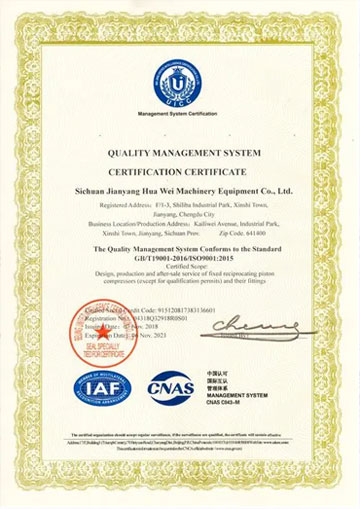

machined flat washers
Dec . 27, 2024 04:42 Back to list
machined flat washers
Understanding Machine Flat Washers A Comprehensive Guide
Machine flat washers are essential components in various mechanical and structural applications. These small, yet significant, circular disks are designed to distribute the load of a threaded fastener, such as a screw or bolt, across a larger area. This simple yet effective design helps to prevent damage to the surface material, reduce friction, and improve the overall performance of the fastening mechanism. In this article, we will explore the various aspects of machine flat washers, including their types, materials, applications, and installation practices.
Types of Machine Flat Washers
Machine flat washers come in various types, each tailored to meet specific requirements. The most common types include
1. Standard Flat Washers These are the most frequently used washers, characterized by their flat, circular design. They can be made from a range of materials and are available in various sizes to fit different bolt diameters.
2. Lock Washers While technically not flat washers, lock washers feature a serrated design that helps to grip the fastener and prevent loosening due to vibration. They are often used in conjunction with flat washers for added security.
3. Belleville Washers These are conical-shaped washers designed to provide higher spring rates and load-bearing capabilities. They are commonly used in applications that require maintaining tension over time.
4. Fender Washers Wider than standard flat washers, fender washers have a larger outer diameter, making them ideal for distributing loads over softer surfaces or providing additional support for larger fasteners.
Materials Used in Machine Flat Washers
The choice of material for machine flat washers is crucial because it impacts their performance and durability. Some common materials include
- Steel Steel flat washers are widely used due to their strength and ability to withstand heavy loads. They can be coated with zinc or other plating materials to provide corrosion resistance.
- Stainless Steel For applications that involve exposure to moisture or corrosive environments, stainless steel washers are preferred due to their superior resistance to corrosion and rust.
- Aluminum Lightweight and resistant to corrosion, aluminum flat washers are ideal for applications where weight savings are crucial, such as in aerospace and automotive industries.
- Plastic Nylon and other plastic washers are utilized for their non-conductive properties and resistance to various chemicals. They are often found in electrical applications.
machined flat washers

Applications of Machine Flat Washers
Machine flat washers are utilized across a wide range of industries and applications, including
- Construction In building structures, flat washers are used to secure bolts and nuts properly, ensuring stability and safety.
- Automotive In vehicles, flat washers contribute to the assembly of engine components, suspension systems, and various fixtures.
- Electronics In electronic devices, they help in securing circuit boards and other components while providing insulation.
- Manufacturing Used in assembly lines and machinery, flat washers play a vital role in maintaining machinery integrity and performance.
Installation Practices
Proper installation of machine flat washers is critical in ensuring that they function as intended. Here are some best practices
1. Size Matching Always select a washer that corresponds to the diameter of the bolt or screw being used. An improperly sized washer can lead to inadequate load distribution.
2. Placement Ensure the washer is placed between the fastener and the surface of the material. This helps in distributing the load evenly and protecting the surfaces from damage.
3. Avoid Over-Tightening While it might be tempting to tighten fasteners to the maximum extent, over-tightening can lead to unnecessary stress on the washer and the components it is securing.
4. Regular Inspection In environments where vibration is common, regular inspection and maintenance of the washers can prevent loosening and potential failures over time.
Conclusion
Machine flat washers may be small components, but they play a crucial role in the functionality and safety of countless applications. From construction and automotive to electronics and manufacturing, understanding the types, materials, applications, and proper installation methods of machine flat washers can contribute significantly to the longevity and reliability of mechanical assemblies. Whether you're a DIY enthusiast or a professional engineer, recognizing the importance of these washers can enhance your projects and ensure success.
Latest news
-
High-Strength Hot Dip Galvanized Bolts - Hebei Longze | Corrosion Resistance, Customization
NewsJul.30,2025
-
Hot Dip Galvanized Bolts-Hebei Longze|Corrosion Resistance&High Strength
NewsJul.30,2025
-
High-Strength Hot-Dip Galvanized Bolts-Hebei Longze|Corrosion Resistance&High Strength
NewsJul.30,2025
-
Hot Dip Galvanized Bolts-Hebei Longze|Corrosion Resistance&High Strength
NewsJul.30,2025
-
Hot Dip Galvanized Bolts - Hebei Longze | Corrosion Resistance, High Strength
NewsJul.30,2025
-
High-Strength Hot Dip Galvanized Bolts-Hebei Longze|Corrosion Resistance, Grade 8.8
NewsJul.30,2025

